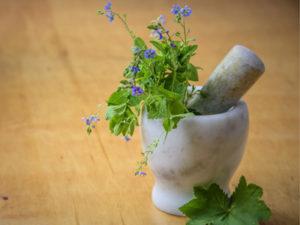 Ayurveda for Lung Cancer
Ayurveda for Lung Cancer
Lung cancer is one of the most deadly cancers affecting men and women all over the world. It mostly occurs in adults aging 45 and more. Ayurveda for lung cancer is playing a vital role in the treatment and cure of the disease. The Ayurvedic medicine is an ancient system of medicine that uses a wide range of techniques. It can include advice on diet, specific Ayurvedic medications, and herbal medicine, breathing and relaxation techniques. The Ayurvedic practitioner may suggest these treatments.
Treatment of Lung Cancer in Ayurveda
The Ayurvedic herbs work to bring balance and harmony back into your body by preventing diseases. These herbs help to increase energy and wellbeing and decrease stress. There are several ayurvedic herbs that are being used by the practitioner depending on your medical history. Piper Longum, Malabar Nut, Ashwagandha, Tulsi are some of the herbs commonly used in treatment of lung cancer. The Ayurvedic practitioner takes into account your emotions and works to balance your life while maintaining your health and well being. Ayurvedic herbs have shown to work effectively in treating brain tumors caused by cancer. These herbs help in treatment of lung cancer by supporting bronchitis.
Though Ayurvedic herbal medicines are safe but it is always better to ask your doctor before starting any new herb or medicine. Most ayurvedic medicines are made up of a combination of herbs.
Though there are no scientific evidences supporting Ayurvedic medicine in treatment of lung cancer. But, studies continue to evolve to get proofs. We advice anyone with lung cancer should not totally rely on treatment of lung cancer in Ayurveda and should not avoid conventional medical treatment.
Previously we trying to discuss some ayurvedic herbs for lung cancer, please read them for ayurvedic herb uses and benefits.
What are your views? Do you think Ayurvedic herbs can go a long way in the treatment of lung cancer? Share your thoughts with us in the comments section below.
The information offered in this blog is for educational purposes only and is certainly not a substitute for the treatment going on. Always consult your health practitioner for medical advice.
